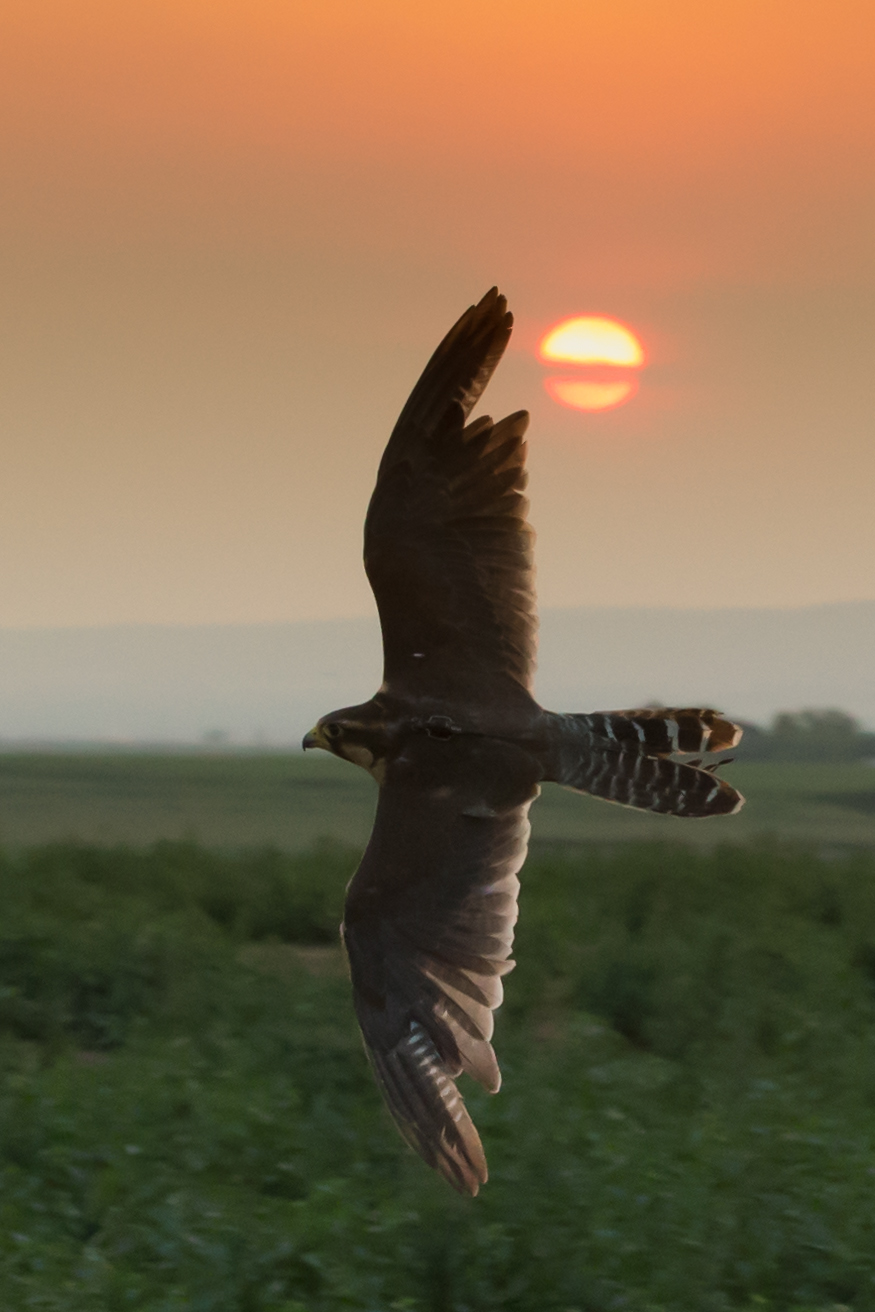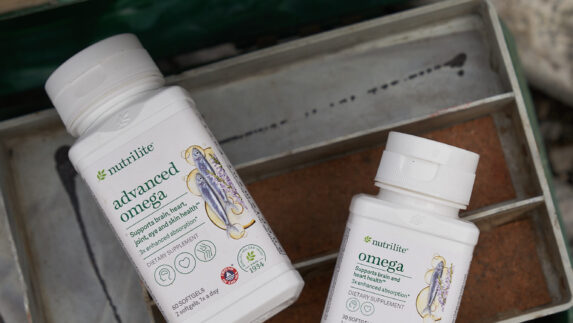To ensure crops used in its dietary supplements are safe and untouched during harvest, Nutrilite farming experts turn to a special set of pros – a team of falcons – for natural pest bird control at its Trout Lake, Washington, farm in the U.S.
Falconry has a number of advantages over conventional bird control techniques. Conventional control generally consists of scaring birds away with either visual or auditory deterrents. By contrast, the falcons provide quiet, neighbor-friendly crop protection.
With thousands of acres to protect, Nutrilite has taken the centuries-old hunting technique to the next level with a rotation of five or six falcons watching over crops early in the morning and late at night at harvest time, when the plants are vulnerable.
Each falcon has its own set of responsibilities, but one thing remains consistent – they are all there to frighten the crop-eating birds and nothing else.
“Despite the fact that these are natural predators of birds, it is a non-lethal technique,” said Kort Clayton, falconry program manager, Nutrilite.
The team includes the “bomber,” who looms high over the crops as an impending threat, the “sweeper,” who zips around the farm at ground-level frightening the pest birds, and the “ace,” who rides inconspicuously inside the falconer’s pickup and then launches out the window to engage birds and chase them off the farm.
Nutrilite began using falconry in 2014 as part of its sustainable farming operations. Sustainable farming promotes the use of natural, renewable resources, and has been at the heart of Nutrilite operations
for more than 75 years.




